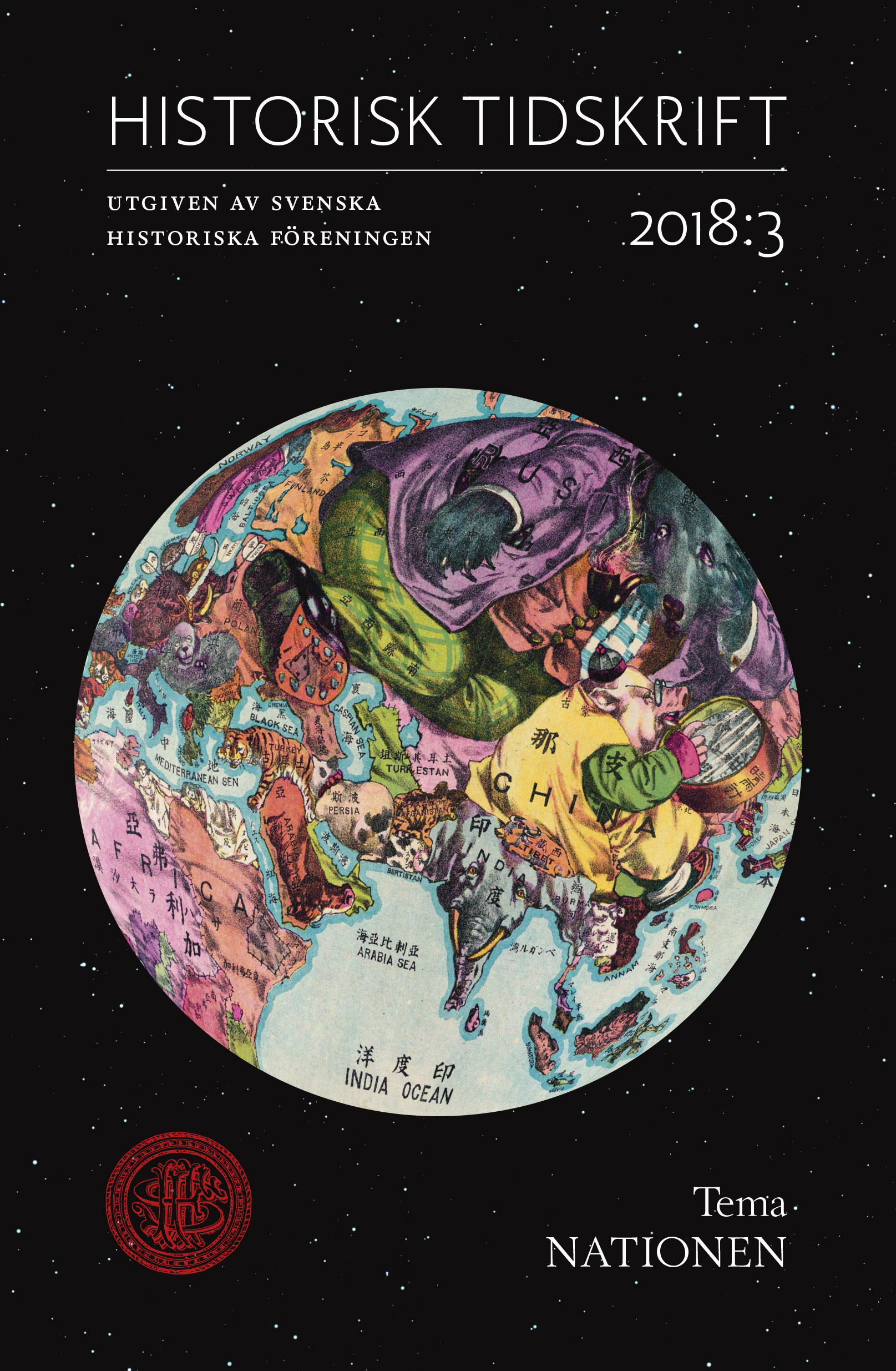Abstract
The symbolic nation-building of national minorities: Sápmi and Kvänland as new forms of ethno-politics among Sámi and Finnish speaking minorities
In the 1970s and 1990s two transnational ethnic homelands, Sápmi and Kvenland, were created in northern Scandinavia as symbolic nations with their own flags, memorial days and anthems. In this respect they resemble other ”nations without states” found around the world. These two examples from northern Fenno-Scandinavia can inform theories of transnational nation-building. They demonstrate how history and myths have been used in competition between Sámi and Finnish speakers to the right to be regarded as indigenous peoples. The two ethnic groups are now politically organised at both national and transnational level, and the Sámi also at global level.
With the global strengthening of indigenous rights, Sámi-speaking groups introduced Sápmi as a transnational homeland for the Sámi people in Norway, Sweden, Finland and Russia in the 1970s. After the official recognition of Sámi as an indigenous people, and the launch of Sámi parliaments in the Nordic countries in the 1990s, Finnish speaking minorities organised across national borders to ensure that they, too, would be recognised as an indigenous people. They deliberately used the Norwegian ethnonym Kven to depict a united transnational people of Finnish-speakers in Sweden, Norway and Finland. Kven is the word for Finnish-speaking migrants in northern Norway, which has been in use from the 17th century at least. But it is also a term used by Norwegian Vikings in the 9th century in reference to an ancient people or ethnic group resident in the Gulf of Bothnia area.
The relation between the concepts of state, nation, ethnicity and nationalism have been investigated in theories of ”nations without states”. The Fenno-Scandinavian examples demonstrate how ethnicity and nation are problematic concepts to use for nations created across state borders. Because the nation-state is the political form of modernity, it has forced minorities to use the nation as a model when formulating ethno-political demands. Increasingly ethno-policy has been formulated in a global and in new democratic contexts providing for enlarged minority rights. Ethnic forms of organization have therefore changed. Ethnicity has more and more become the means for pursuing political demands in ethnic form, influenced by new international rules and regulations for identity policy. The interplay between ethnic, national and transnational identifications therefore differ from the earlier national identity to which they run parallel.

